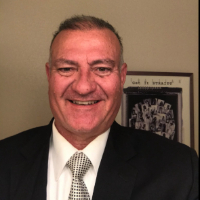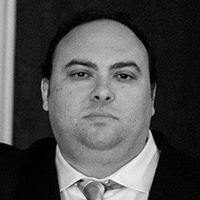Bella Vista Juvenile Law Lawyer, California
Sponsored Law Firm
-
 x
x

Click For More Info:
-
Magid Law
112 Main Street Weaverville, CA 96093» view mapCriminal Defense Law Experienced, Aggressive Criminal Defense
Hiring a criminal defense attorney is one of the most important decisions you will ever make. Don’t be a victim of the system. Choose Benjamin Magid as your attorney.
800-761-7580
Not enough matches for Bella Vista Juvenile Law lawyer.
Below are all Bella Vista Criminal lawyers.
Michael Anthony Doran
✓ VERIFIED25 years experience as lawyer. 1,000s of Social Security disability hearings (SSI and SSDI) in front of the office of hearings and adjudication of SSA... (more)
Jacob Levin
✓ VERIFIEDMr. Levin attended law school at UC Hastings in San Francisco. He was the president of the Jewish Law Students Association and founded the UC Hastings... (more)
 Benjamin Magid Weaverville, CA
Benjamin Magid Weaverville, CA Practice AreasExpertise
Practice AreasExpertise


